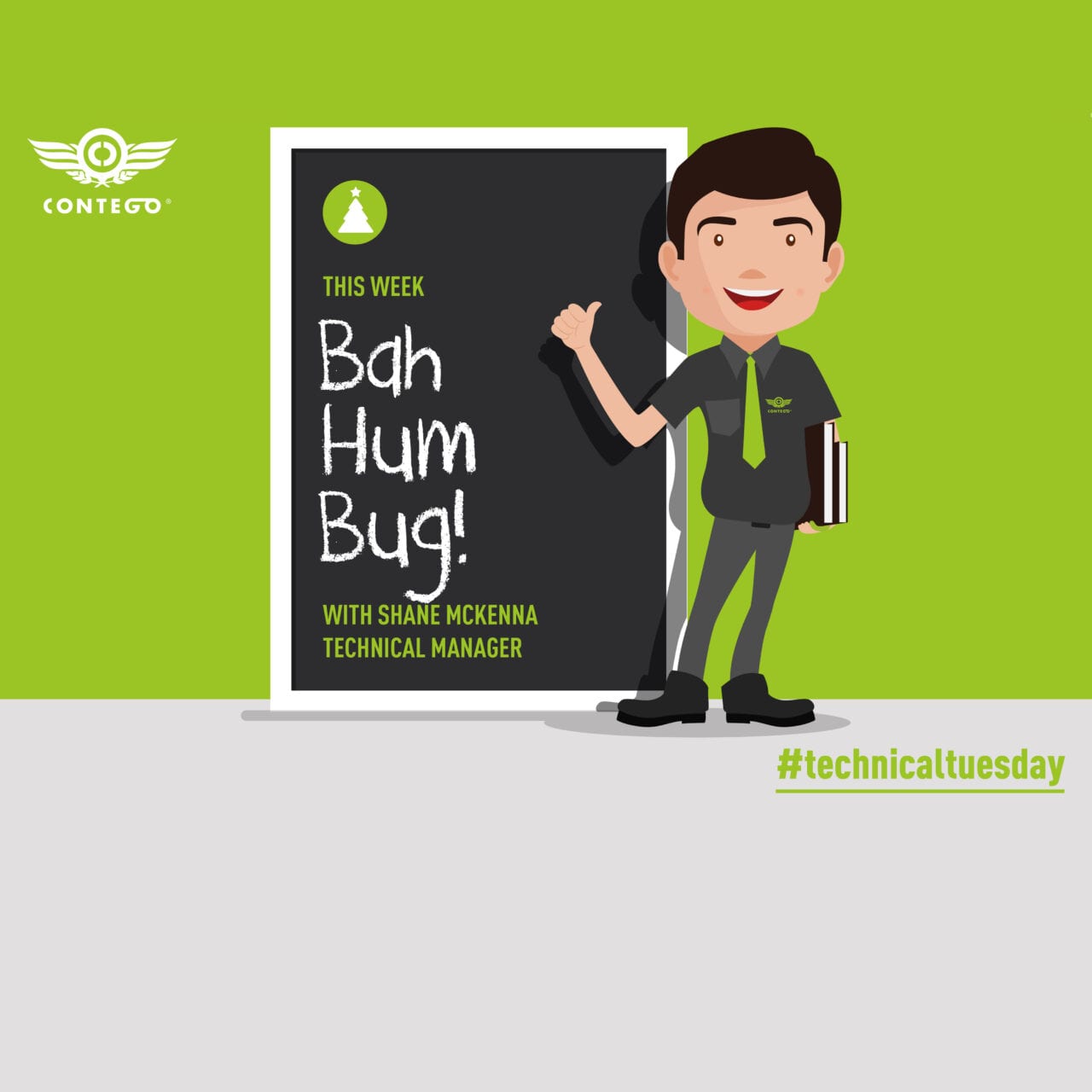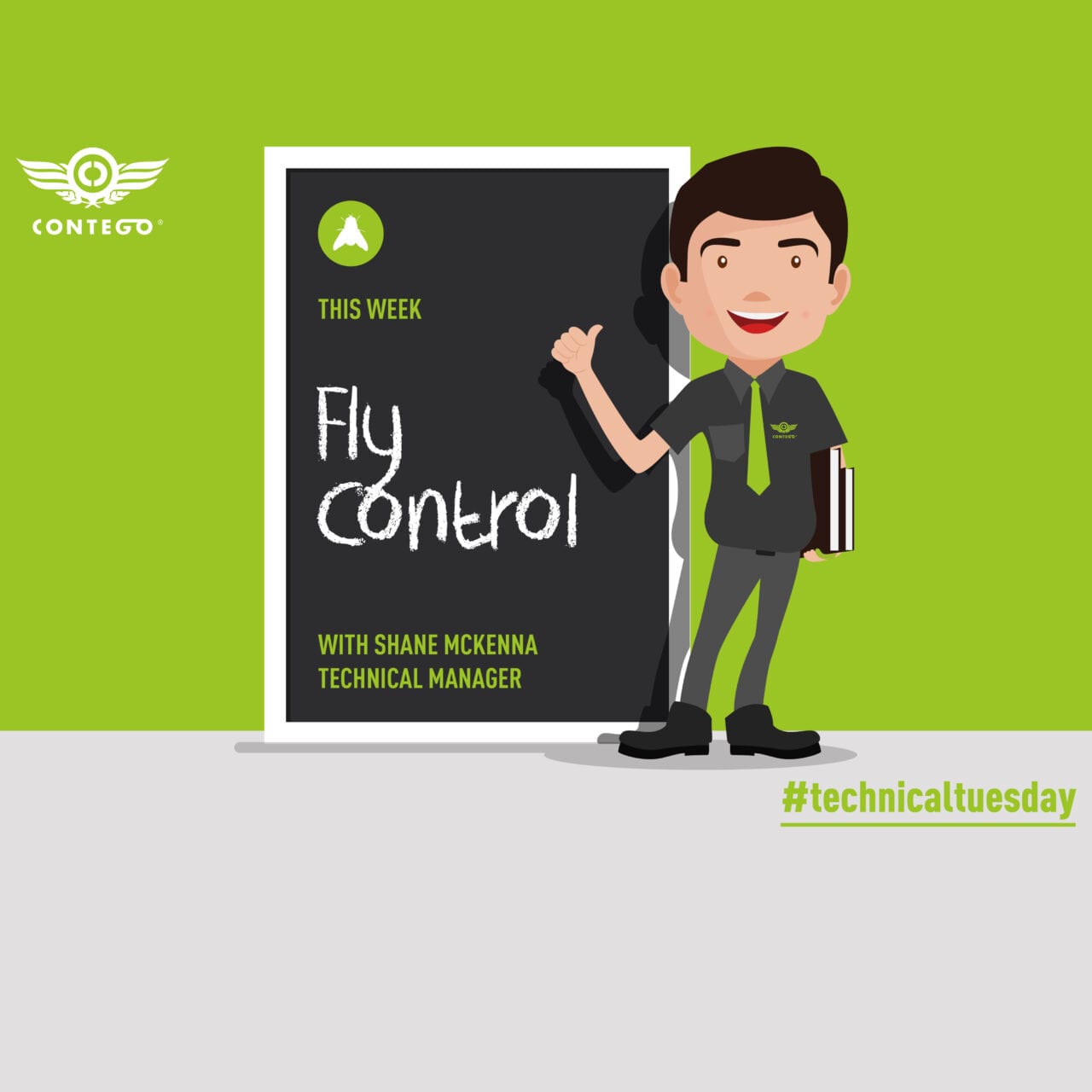Save The Bees
Save the bees!
Whilst we sometimes have to undertake pest control, we are also conscious to help our friendly wildlife. Honey bees across the world are in decline, under threat from viruses, and without beekeepers to care for them they could disappear in a few years.
Dr Ivor Davis, Master Beekeeper and trustee of the British Beekeepers Association offers this advice to help preserve our honey bees:
Plant bee friendly plants.
Encourage honey bees to visit your garden by planting single flowering
plants and vegetables. Go for the allium family, all the mints, beans and flowering herbs. Bees like daisy shaped flowers – asters and sunflowers, also tall plants like hollyhocks,
Do not keep unwashed honey jars outside.
Honey brought from overseas can contain bacteria and spores that are very harmful to our honey bees. If you leave a jar outside it encourages honey bees to feed on the remaining honey. This can infect the bee, who will then infect the rest of the colony, resulting in the death of the whole colony. Always wash out honey jars and dispose of them carefully.
Bee friendly!
When kept properly, bees are good neighbours, and only sting when provoked. Beekeepers wear protective clothing when they are handling bees. If a bee hovers inquiringly in front of you, DO NOT flap your hands. Stay calm and move slowly away, if possible into the shade of shed or a tree. The bee will soon lose interest.
It is worth remembering that bees do not like the smell of alcohol on people, or the ‘animal’ smell of leather clothing
.
Bees regard dark clothing as a threat – it could be a bear! Bees are sometimes confused by scented soaps, shampoos and perfumes, best avoided near the hive.
Protect swarms.
Swarming is the natural process by which colonies of honey bees increase their numbers. If you see a swarm contact the local authority or the police – they will contact a local beekeeper to collect the swarm. Honey bees in a swarm are usually very gentle and present very little danger. They can be made aggressive if disturbed or sprayed with water. Just LEAVE THEM ALONE and wait for a competent beekeeper to arrive.
Encourage local authorities to use bee friendly plants in public spaces.
Some of the UK’s best gardens and open spaces are managed by local authorities. Many recognise the value of planning gardens, roundabouts and other areas with flowers that attract bees. Encourage your authority to improve the area you live in by adventurous planting schemes, and offer to help look after them if resources are in short supply
Find space for beehives.
Many would- be beekeepers, especially in urban areas, find it difficult to find a safe space for their colony of bees. If you have some space in your garden, or know someone who has, contact your local beekeeping association and they will find a beekeeper in need of a site. It is amazing what a difference a beehive will make to your garden. Crops of peas and beans will be better, fruit trees will crop well with no deformed fruit, and your garden will be buzzing!
Buy local honey if you can.
Buying local honey helps local beekeepers to cover the cost of protecting bees. Local honey is processed naturally and complies with all food standards requirements without damage to the honey. It tastes different to foreign supermarket honey and has a flavour that reflects local flora.
This weekend ‘Think Bees’ and start planting those flowers!
Must Read
![11. Contego_Article Header [Pest In The Winter] LI, FB & IN 1080 X 1080-12](https://b2195417.smushcdn.com/2195417/wp-content/uploads/2021/02/11.-Contego_Article-Header-Pest-In-The-Winter-LI-FB-IN-1080-X-1080-12-1280x1280.jpg?lossy=1&strip=1&webp=1)
Pests In The Winter
![12. Contego_Article Header [Pest In The Summer] LI, FB & IN 1080 X 1080-13](https://b2195417.smushcdn.com/2195417/wp-content/uploads/2021/02/12.-Contego_Article-Header-Pest-In-The-Summer-LI-FB-IN-1080-X-1080-13-1280x1280.jpg?lossy=1&strip=1&webp=1)
Pests In The Summer
![14. Contego_Article Header [How Pests Can Affect Your Food Hygiene] LI, FB & IN 1080 X 1080-15](https://b2195417.smushcdn.com/2195417/wp-content/uploads/2021/02/14.-Contego_Article-Header-How-Pests-Can-Affect-Your-Food-Hygiene-LI-FB-IN-1080-X-1080-15-1-1280x1280.jpg?lossy=1&strip=1&webp=1)
How Pests Can Affect Your Food Hygiene Rating
![8. Contego_Article Header [3 Reasons Spiders Are Good] LI, FB & IN 1080 X 1080-09](https://b2195417.smushcdn.com/2195417/wp-content/uploads/2021/02/8.-Contego_Article-Header-3-Reasons-Spiders-Are-Good-LI-FB-IN-1080-X-1080-09-1280x1280.jpg?lossy=1&strip=1&webp=1)
3 Reasons Why Spiders Are Good To Have Around

Bah Hum Bug

